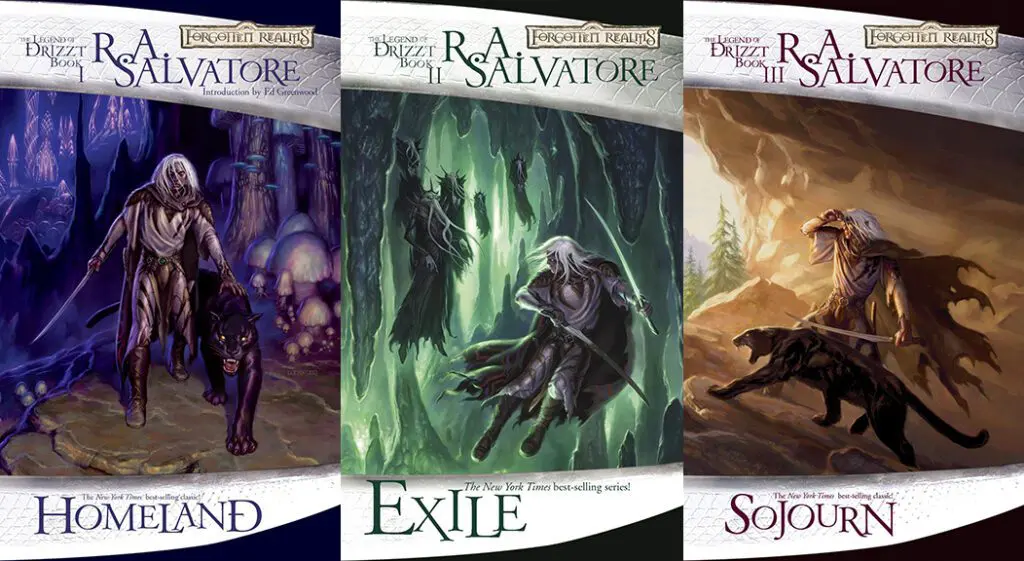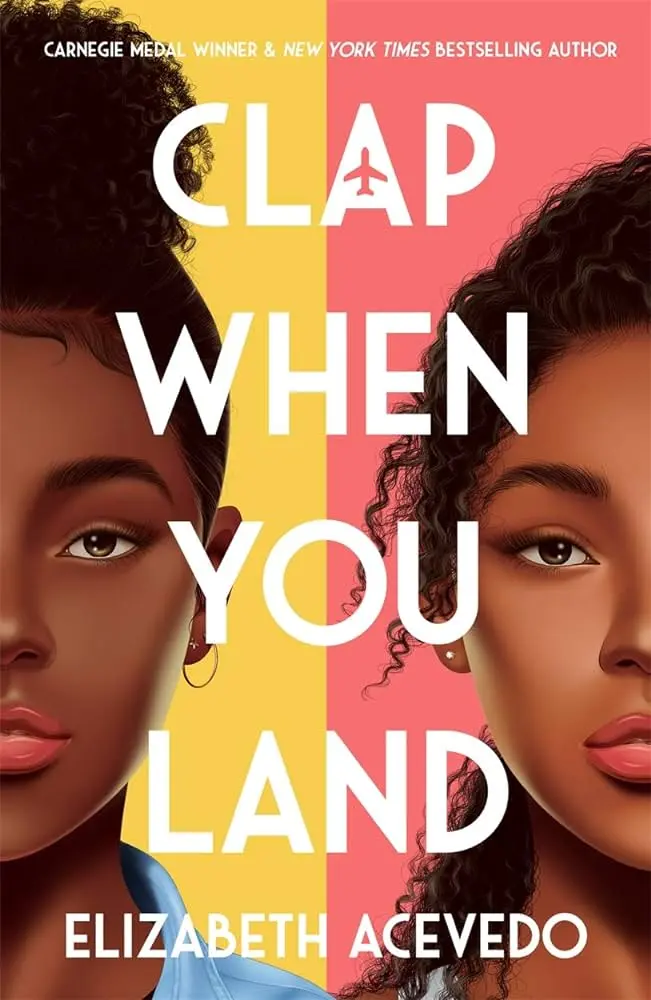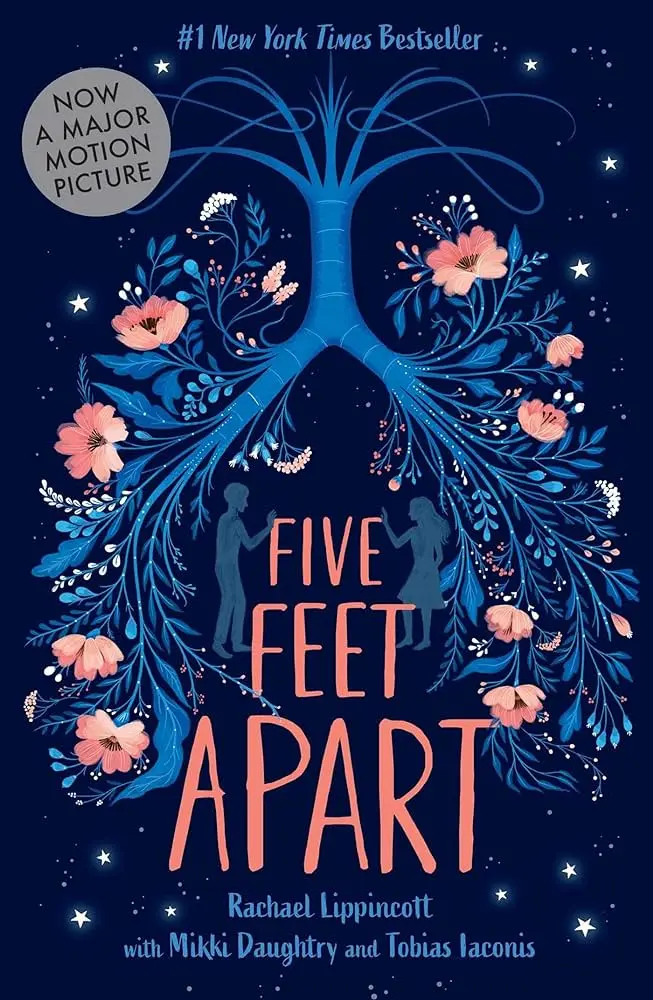Step into the Forgotten Realms Underdark with the Dark Elf Trilogy
Book 1 – Homeland
Alright, so I recently grabbed Homeland by R.A. Salvatore, the first book in the Dark Elf Trilogy. If you’re into the Forgotten Realms (Dungeons & Dragons), you know this is where the legendary Drizzt Do’Urden makes his grand entrance. (Technically, his debut was in The Crystal Shard Trilogy, but Salvatore hit us with a prequel. Classic move.)
Salvatore tosses you right into Menzoberranzan, the dark elf city where backstabbing is an Olympic sport and everyone’s got a knife collection that’d make a serial killer blush. Picture Game of Thrones, but with way more spiders and thankfully, less awkward nudity. The plot kicks off with Drizzt’s early years, which are about as fun as getting a root canal from a drunk dentist. Born into a family of sadistic a$&holes, our boy Drizzt is in a constant battle to not turn into one of them. Yay for family drama!
First thing’s first, Salvatore nails the world-building. Menzoberranzan feels alive—if your definition of alive includes a lot of murder and betrayal. The place is like a medieval gangster’s paradise. The atmosphere is so thick you could cut it with a knife, assuming you survive long enough to pull one out. Drow society is brutal, merciless, and makes high school cliques look like Sesame Street.
Drizzt is a breath of fresh air in this cesspool. He’s got a moral compass that’s about as useful as a chocolate teapot in drow society, but you gotta love him for trying. However, there are times when his goody-two-shoes act gets a bit old. Like, okay, we get it, Drizzt, you’re the one good guy in a city of psychopaths. Can we move on?
The plot is solid, though a bit predictable. It’s your standard coming-of-age tale with a lot of sword fights. Speaking of which, Salvatore can write a fight scene that’ll make you want to grab a sword and join in. But the pacing can be all over the place. One minute you’re in an intense battle, the next you’re wading through pages of inner monologues that make you want to yell, “Get to the point already!”
Character development is where Homeland shines. Drizzt’s internal struggle is compelling, and you’ll find yourself rooting for him even when he’s being a bit of a moralistic bore. The supporting characters are well-fleshed out too. Zaknafein, Drizzt’s dad, is a standout. He’s just as screwed by drow society as Drizzt, and their relationship adds some nice depth to the story.
Now, the writing style. Salvatore’s approach is straightforward and easy to read, but sometimes it feels a bit too simplistic. There are moments where you’re craving more depth and nuance, but hey, it’s a fantasy novel about dark elves, not Shakespeare. So maybe I’m asking for too much.
Let’s get into the nitty-gritty. The drow society, while interesting, can feel a bit one-dimensional. They’re evil because… well, they just are. It would’ve been nice to see a bit more complexity in their motivations. Also, the female characters, especially the matron mothers, are often portrayed as over-the-top sadistic. It’s like Salvatore went out of his way to make them the villains in a bad soap opera. Maybe dial it back a notch next time?
And then there’s the pacing. Did I mention it drags sometimes? You’re cruising through an action scene, and then bam! You hit a wall of descriptions and inner monologues that make you want to scream. Salvatore, buddy, we get it. The Underdark is dark and dreary. Move it along!
Oh, and the world-building dumps. There are times when Salvatore stops the action to give you a history lesson on drow society. It’s like hitting pause during an action movie to read a textbook. Riveting stuff, let me tell you.
The dialogue? It can be painfully dramatic. “I will avenge my honor!” “You cannot escape your fate!” We get it, everyone’s channeling their inner Shakespearean actor. Can we have a normal conversation, please?
But when Homeland is good, it’s really good. The action scenes are tight, the character development is solid, and Drizzt’s internal conflict provides a nice balance to all the external chaos. It’s just a shame that the pacing issues and clunky dialogue sometimes overshadow these moments.
Overall, Homeland is a decent entry into the fantasy genre. It introduces a memorable character in Drizzt and sets up a dark, immersive world. Just be prepared to wade through some slower sections and tolerate a few eye-roll-worthy moments along the way. If you’re a fan of high fantasy with a gritty edge, give it a shot. Just don’t expect perfection. It’s a good book, maybe even great in parts, but it’s not without its flaws.
So, if you’re in the mood for a book that blends dark fantasy with a touch of existential crisis, Homeland might just be your jam. Just remember to bring your patience and a good sense of humor. You’re gonna need both.
Book 2 – Exile
The second book in R.A. Salvatore’s Dark Elf Trilogy is “Exile”. And if you thought Homeland was a wild ride – well let me tell you – Exile is more like getting stuck on said ride a few times while the ground crew tries to fix it. Drizzt Do’Urden has ditched the lovely hellhole of Menzoberranzan and is now wandering the Underdark, which, let’s be honest, is like trading one fiery dumpster for another. Fewer family arguments, but still plenty of things trying to snack on you. Thank the gods for small mercies, right?
Drizzt is out there, dodging nasties left and right, trying to figure out his life and avoid becoming monster chow. And of course, he’s still tangled up in his endless moral dilemmas. Salvatore does a decent job of showing Drizzt’s internal struggle, but sometimes you just want to shake the guy and say, “We get it, we get it! You’re trying to be the good guy in a world of a-holes. Move on!”
The action scenes are where Salvatore really flexes his muscles. The battles are intense, heart-pounding, and make you feel like you’re right there swinging a sword. But sometimes, it feels like the plot is just a string of these epic battles with a thin thread of story holding them together. It’s like Salvatore thought, “Hey, we’ve gone three pages without a sword fight. Better throw one in.” The pacing suffers for it, with the story lurching from one action scene to the next without much in the way of smooth transitions.
Character development? Well, it’s a mixed bag. Drizzt is still the star of the show, and he does grow throughout the book. His time alone in the Underdark is supposed to be about self-discovery and all that jazz, but sometimes it feels more like he’s just moping around in dark caves. He does meet some interesting characters along the way, like Belwar Dissengulp, a svirfneblin (deep gnome) who adds some much-needed levity and depth to the story. But other characters feel more like plot devices than actual people. They show up, serve their purpose, and then disappear, leaving you wondering if they were ever really that important.
The plot itself? It’s fine. Drizzt is trying to find a place where he belongs, and along the way, he deals with old enemies and new threats. The narrative is straightforward, but it sometimes feels like it’s just an excuse to move Drizzt from one fight to the next. There are some nice twists and turns, but they’re often overshadowed by the relentless action.
And let’s not ignore the world-building. The Underdark is a fascinating setting, and Salvatore’s descriptions make it feel like a character in its own right. It’s dark, dangerous, and full of surprises. But sometimes, the world-building can feel a bit heavy-handed. We get it, Salvatore, the Underdark is scary and mysterious. No need to beat us over the head with it.
Now, onto the criticisms. Salvatore has this tendency to tell rather than show. There are moments where the narrative grinds to a halt so he can explain some piece of lore or character motivation. It’s like he doesn’t trust the reader to figure things out on their own. And then there’s the dialogue. It still feels stiff and unnatural at times. Characters deliver lines that are supposed to be profound but come off as cheesy or overwrought.
In conclusion, Exile is a decent follow-up to Homeland, but it definitely has its issues. It’s got plenty of action, some solid character moments, and a rich setting. But it’s also got pacing issues, repetitive themes, and clunky dialogue. If you’re invested in Drizzt’s journey, it’s worth reading. Just don’t expect it to blow your mind.
Book 3 – Sojurn
Here we go with Sojourn, the third and final installment in R.A. Salvatore’s Dark Elf Trilogy. Using my over-used rollercoaster analogy, this book is like being on a rollercoaster that suddenly crashes into a whole new theme park – but is the new theme park good? (#westworld season 2 are you listening?). Drizzt Do’Urden finally decides to leave the lovely nightmare that is the Underdark and make his way to the surface world. You’d think things might get a bit easier up there, but nope. New world, same old problems. Spoiler alert: Surface dwellers are also jerks.
So, Drizzt is wandering around this new and terrifying world, trying not to freak out every time he sees the sun. He’s dealing with all sorts of new challenges, like making friends who aren’t trying to stab him in the back (a refreshing change of pace) and learning the ways of the topsiders. But of course, he’s still grappling with his endless morality crises. It’s like his personal version of a midlife crisis, but with fewer expensive sports cars and more existential dread.
Salvatore does a great job of showing Drizzt’s struggle to fit into a world that sees him as the boogeyman. Our man can’t catch a break. He’s constantly trying to prove he’s not your typical drow, but everyone’s just waiting for him to pull a fast one. The poor guy could be handing out free cookies, and people would still check for poison.
The action scenes continue to deliver. Drizzt’s scimitar skills are on full display as he slices and dices his way through new enemies. But here’s the kicker: it’s not all about the fighting this time. Drizzt’s interactions with surface dwellers add a whole new layer to the story. It’s like watching your favorite action hero try to navigate a high school reunion. Awkward, tense, and occasionally heartwarming.
Character development? Yep, there’s plenty of it. Drizzt grows a lot in this book. He learns about trust, friendship, and what it means to be truly free. We also get to meet some new faces, like the lovable Montolio DeBrouchee, a blind ranger who becomes a mentor to Drizzt. Montolio, or Mooshie as he’s affectionately called, is a fantastic addition to the story. His wisdom and quirky personality bring a breath of fresh air to the otherwise tense narrative.
The plot is more varied than in the previous books. Sure, there are still plenty of battles, but there’s also a focus on Drizzt’s internal journey and his quest for acceptance. He’s not just fighting monsters; he’s fighting prejudice and his own demons. The narrative is tighter and more focused, making for a more engaging read.
World-building is still top-notch. The surface world is richly described, with its own set of dangers and wonders. Salvatore’s descriptions make you feel like you’re right there with Drizzt, experiencing the sun for the first time or exploring the lush forests. It’s a nice change from the dark, oppressive atmosphere of the Underdark.
But let’s not ignore the criticisms. Sometimes, the story can get a bit preachy. Drizzt’s musings on morality and justice, while important, can feel a bit heavy-handed. There are moments where you want to tell him to lighten up and enjoy the sunshine. And then there’s the pacing. While it’s generally better than in Exile, there are still parts where the story drags a bit, bogged down by introspection and lengthy descriptions.
Dialogue? Still a mixed bag. There are moments of genuine warmth and humor, especially in Drizzt’s interactions with Mooshie. But then there are those lines that make you cringe a bit, like something out of a bad fantasy soap opera. “I will avenge my honor!” and all that crap.
In conclusion, Sojourn is a strong finish to the Dark Elf Trilogy. It’s got action, character growth, and a rich, immersive world. It’s not perfect—there are pacing issues and some preachy bits—but it’s a satisfying end to Drizzt’s journey. If you’ve stuck with him this far, well, if you’ve stuck with him this far you’re probably going to read it anyway regardless of what some random reviewer on the web says!
Wrapping Up the Dark Elf Trilogy: Drizzt’s Wild Ride
So, there you have it—the Dark Elf Trilogy in all its sword-swinging, existential-crisis glory. From the brutal depths of Menzoberranzan in Homeland, through the emo wilderness wanderings of Exile, to the topside adventures and sunlight freakouts in Sojourn, Drizzt Do’Urden’s journey is a wild ride (yes, I realize I’m overusing this!). If you’re in the mood for epic battles, deep moral dilemmas, and a hero who just can’t catch a break, or if you’re totally into Dungeons and Dragons and the Forgotten Realms. Overall, it’s a good and easy read.
Subscribe to our newsletter and get two free novels!



